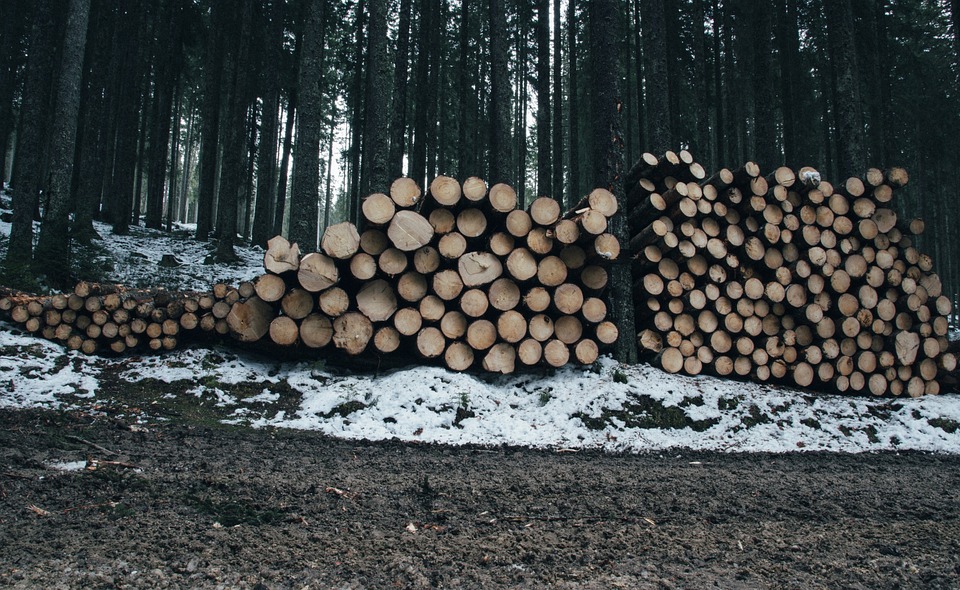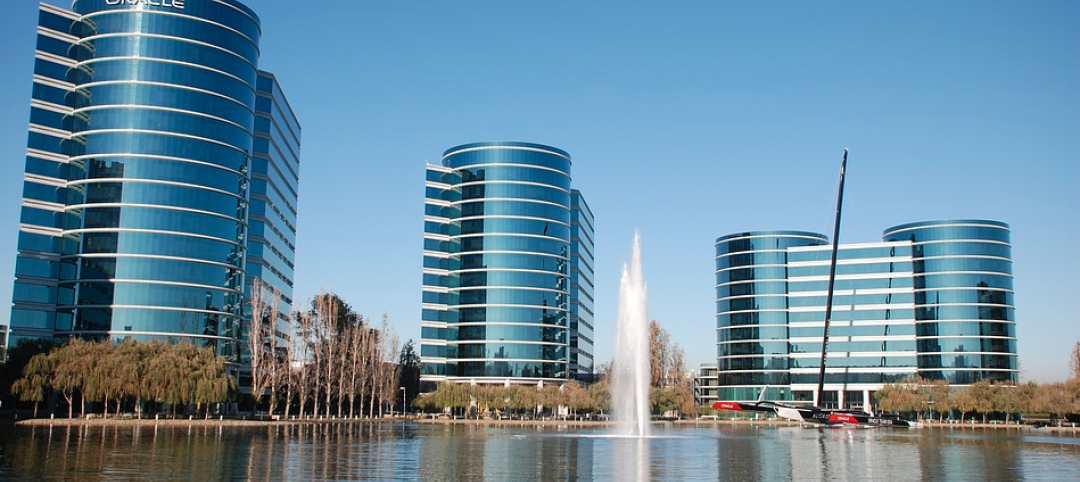The U.S. Department of Commerce recently announced preliminary tariffs on Canadian softwood lumber, ranging from 3.02% to 24.12% per producer.
The average import tax is 20%. The move is intended to help U.S. lumber producers compete with Canadian producers.
The U.S. International Trade Commission investigated whether Canadian producers' sourcing timber from government-owned land allows them to buy a product at a lower cost than U.S. producers, which typically source timber from private land. The tariffs are expected to generate $1 billion in revenue on imports of about $5 billion annually.
The duties were lower than analysts had expected, according to a Bloomberg report. The U.S. may also add antidumping duties, though, if allegations that Canadian producers are selling product at below-market rates in the U.S. are proven. The issue of volume and pricing of Canadian softwood lumber exports to the U.S. has been the source of a decades-long trade dispute between the two countries.
Related Stories
Codes and Standards | Jun 13, 2018
United States Resiliency Council announces support for Calif. earthquake resiliency bill
Measure would help cities identify structures that could fail in major quake.
Codes and Standards | Jun 12, 2018
Congestion pricing for cars is effective in reducing traffic, but a difficult sell
After three years, traffic congestion declined by 30% in London.
Codes and Standards | Jun 11, 2018
First RFP requiring modular construction on New York City housing project issued
Part of Housing 2.0 modular construction initiative.
Codes and Standards | Jun 6, 2018
Buffalo, N.Y., contractor exec pleads guilty to fraud for bid rigging on $750 million contract
LPCiminelli stops functioning as GC in fallout from the case.
Codes and Standards | Jun 6, 2018
LEED should be updated to combat climate change
Hasn’t kept pace with urgency of problem, says clean energy investor.
Codes and Standards | Jun 5, 2018
Sports stadiums and arenas showcase sustainability features
Green venues save owners money, gain positive publicity.
Codes and Standards | Jun 4, 2018
L.A. must transition to cleaner energy, boost transit to reach sustainability goals
City aims to reduce GHGs 60% by 2035 and 80% by 2050.
Codes and Standards | Jun 4, 2018
Washington D.C.’s flattened skyline can be a virtue
Zoning ordinance that ties building heights to width of streets dictates form.
Codes and Standards | May 30, 2018
Silicon Valley cities considering taxes aimed at large employers
The aim is to offset the impact on housing costs and homelessness by tech companies.
Codes and Standards | May 30, 2018
OSHA proposes new crane operator safety rule
Would provide long-term clarity on certification requirements.

















